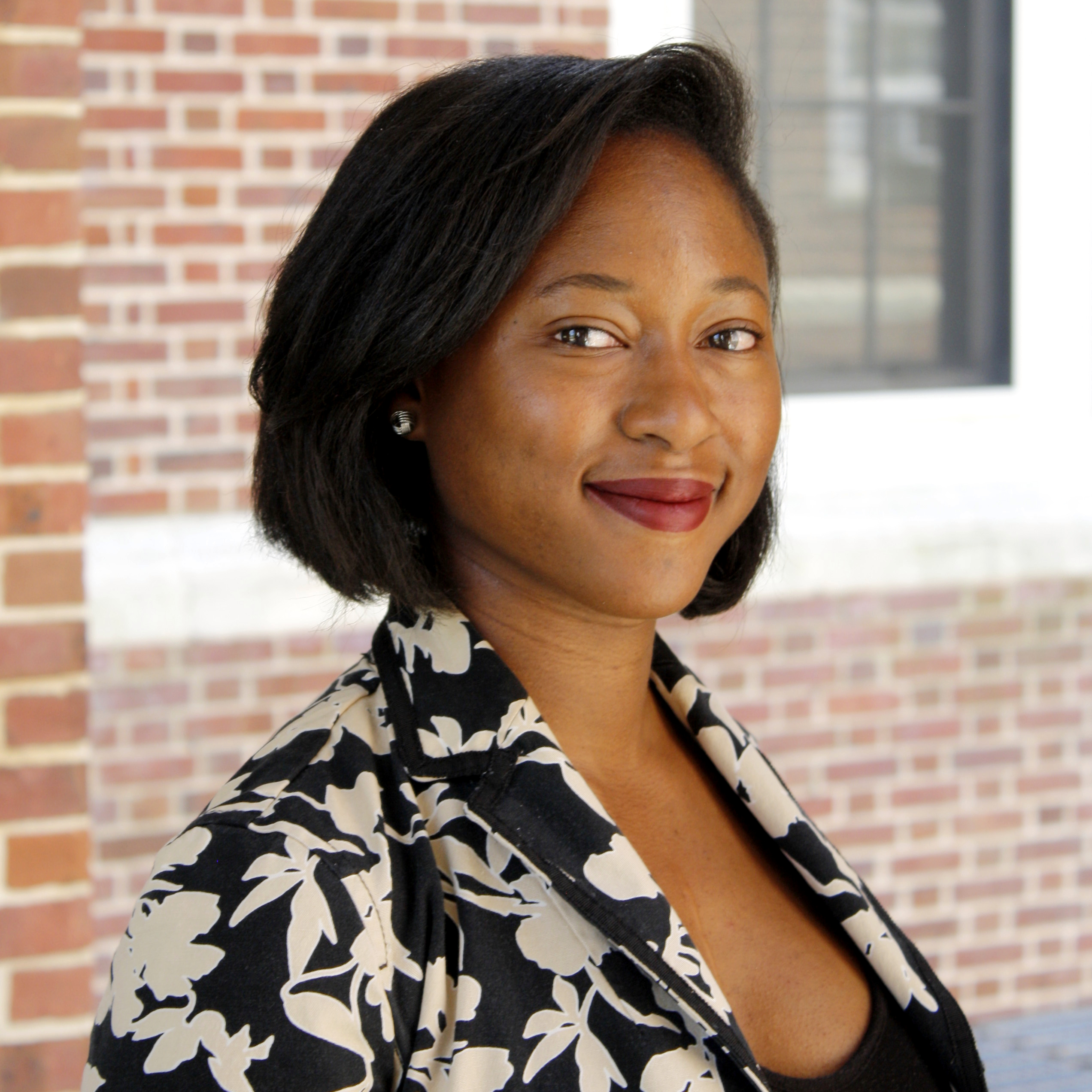Roots to Routes: African American Intellectual Production and the Politics of Higher Education in North Carolina, 1830-1891
Charlesa Redmond
About the research
Award
NAEd/Spencer Dissertation Fellowship
Award Year
2024
Institution
Duke University
Primary Discipline
History
For a brief moment, it seemed that the routes to higher education would diversify infinitely as millions of freedpeople enrolled in colleges at the close of the Civil War. Formerly enslaved men and women built new educational institutions that endorsed hybrid curriculums of classical education and vocational training. Yet, conversations about the direction of Black education narrowed as the century came to a close and industrial training took preference over all other approaches. Scholars have often mis-attributed this postbellum rise of industrial education to Booker T. Washington’s peculiar politics of education. By historicizing this transition as it played out in North Carolina, a pioneering state for the establishment of HBCUs, my research argues that Washington’s politics of education was in fact a complex set of maneuvers between state and federal forces attempting to control Black education on the one hand, and a burgeoning class of Black intellectuals attempting to raise a generation “up from slavery” on the other. My research tracks how, with the passage of the Second Morrill Land Grant Act of 1890, North Carolina’s Black community was supplanted by the federal government as co-laborers in the project of Black higher education.
About Charlesa Redmond

Lesa Redmond is a PhD candidate in History at Duke University. Her research sits at the intersection of African American history, higher education history, and intellectual history. Lesa first started exploring African Americans in higher education as an undergraduate researcher for the Princeton & Slavery Project. She has continued this research in graduate school at Duke University, where she is currently completing a dissertation on the history of African Americans in higher education in North Carolina during the long nineteenth century. Over the course of her undergraduate and graduate years, Lesa’s research has been supported by the Social Science Research Council, Mellon Mays Undergraduate Fellowship Program, North Carolina’s Triangle Intellectual History Seminar, and Duke University Graduate School.
